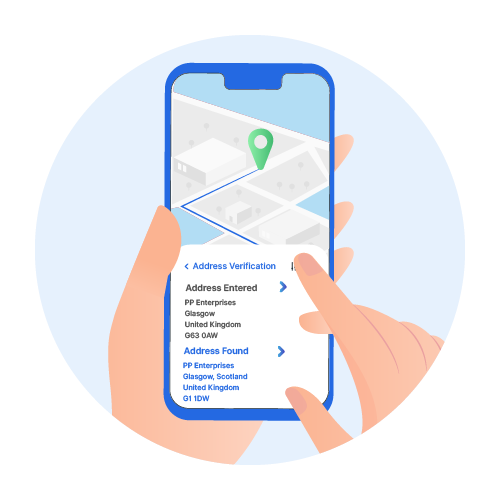Address Verification API Free
- Kemen Rose
- Mar 29, 2022
- 1 min read
Address verification is a necessary process to ensure that address data is accurate. For businesses, this means acquiring government-issued identification documents, which can help minimize risks. In addition to obtaining such identification documents, companies also use other documents to confirm the correctness of the addresses. Here are some examples of how address verification works. Listed below are a few of the common methods used by companies to verify addresses. These processes can be time-consuming, but the benefits far outweigh any disadvantages.

Address validation is necessary for a variety of purposes. The verification purpose can be residential, commercial, or international. Different types of documents are required to prove the address. These documents can be bank statements, utility bills, postal letters, valid insurance documentation, etc. It is important to note that one-time bills will not be accepted by most platforms. The key to address verification is proving that the person has been living at the location for a period of time.
An address verification service provider should provide clean data and include features such as proper address formatting and correct spelling. Additionally, a good service should work in real time, and should be able to append missing information. These services will help businesses maintain a more accurate customer database and improve customer service. This will also decrease unnecessary costs. In addition to reducing the risk associated with wrong data, these services can improve their clients' business by ensuring that the information is accurate and up-to-date.
SITES WE SUPPORT
SOCIAL LINKS



Comments